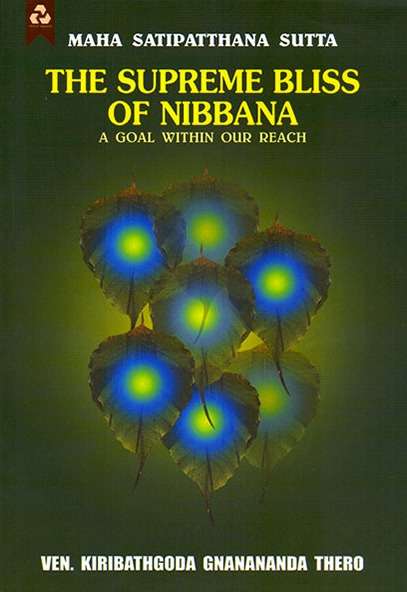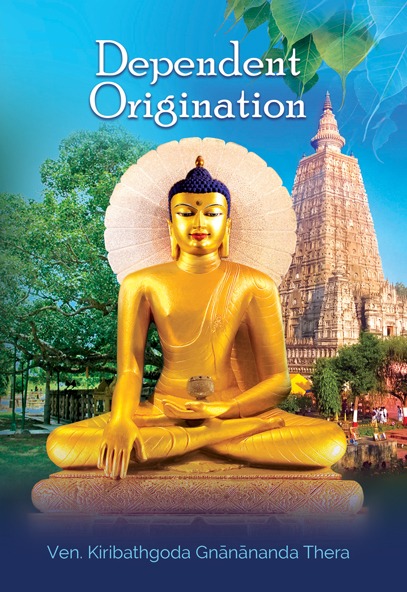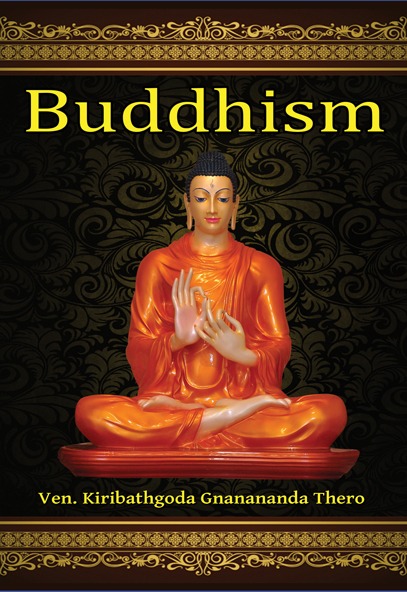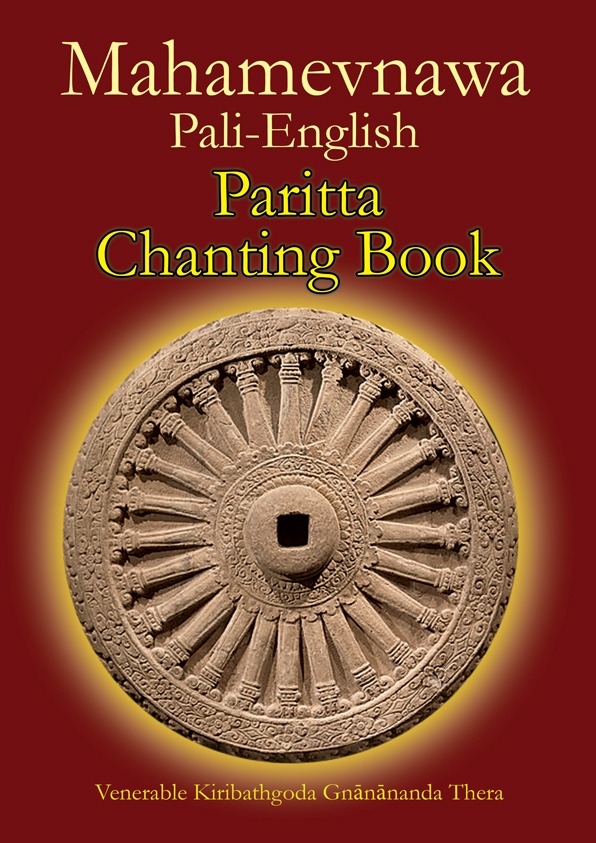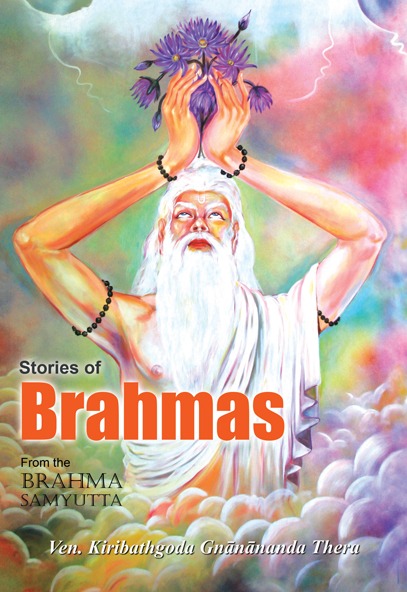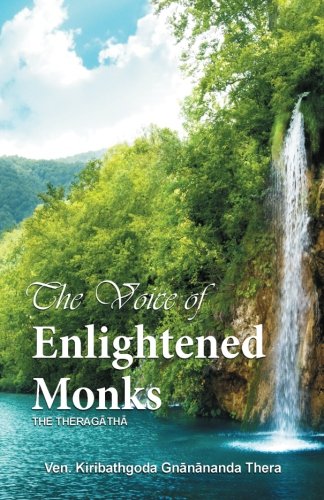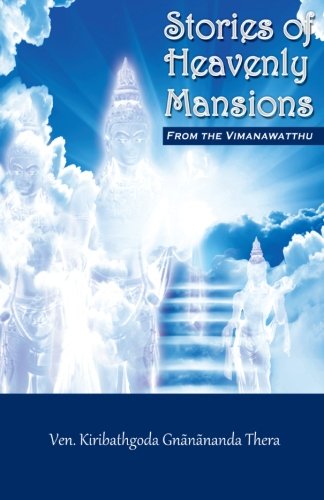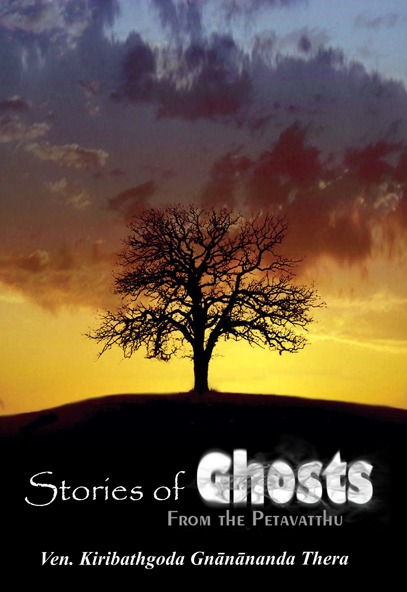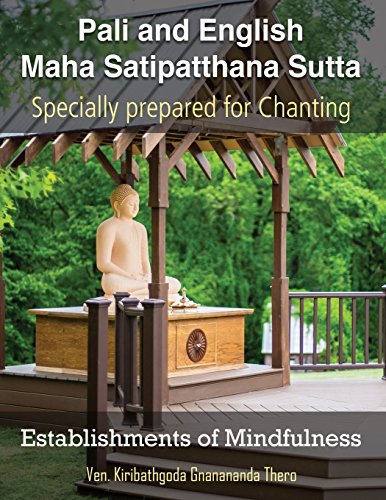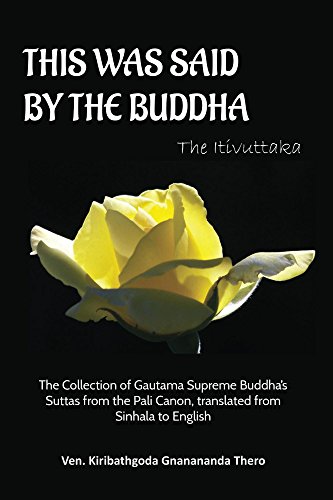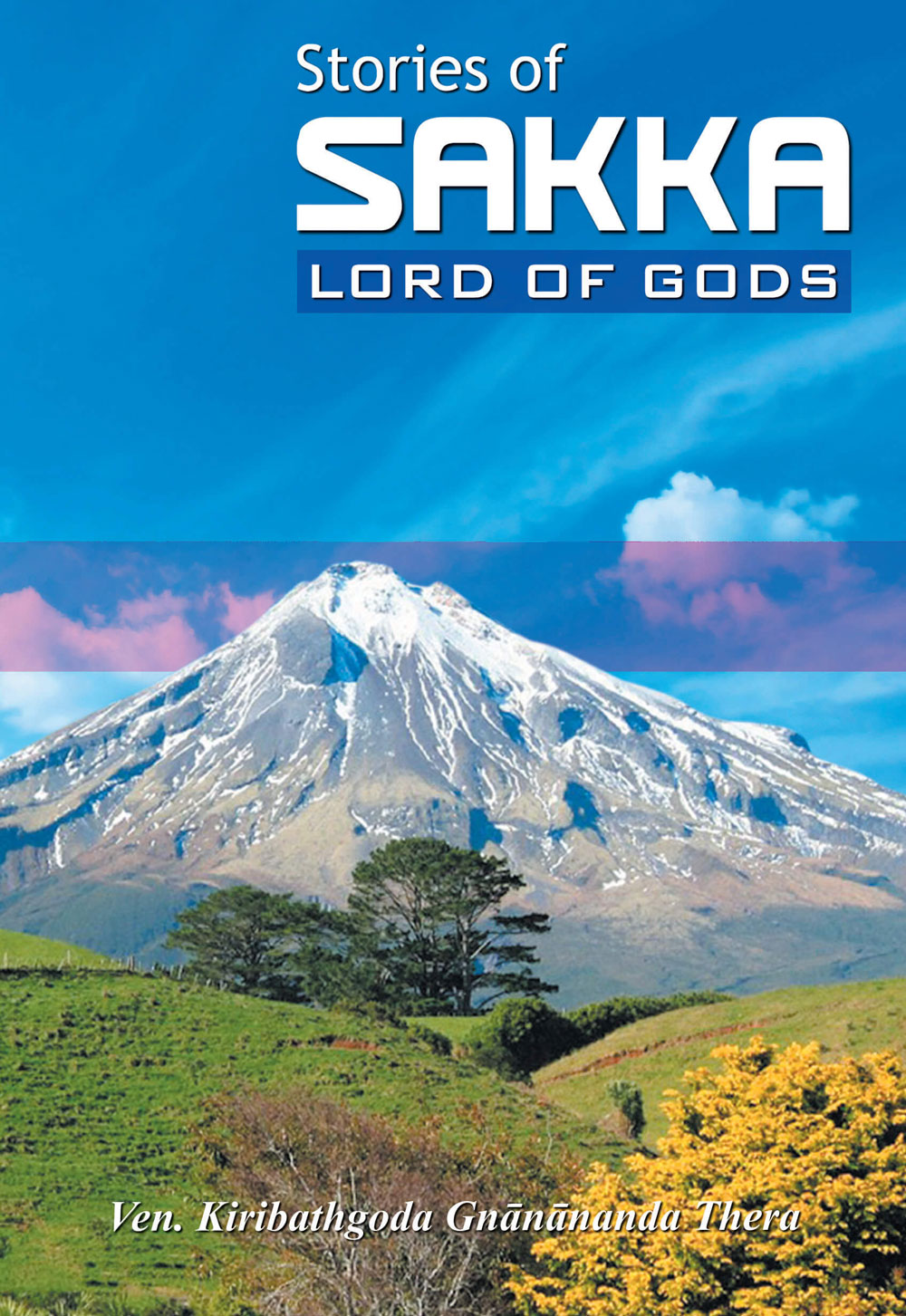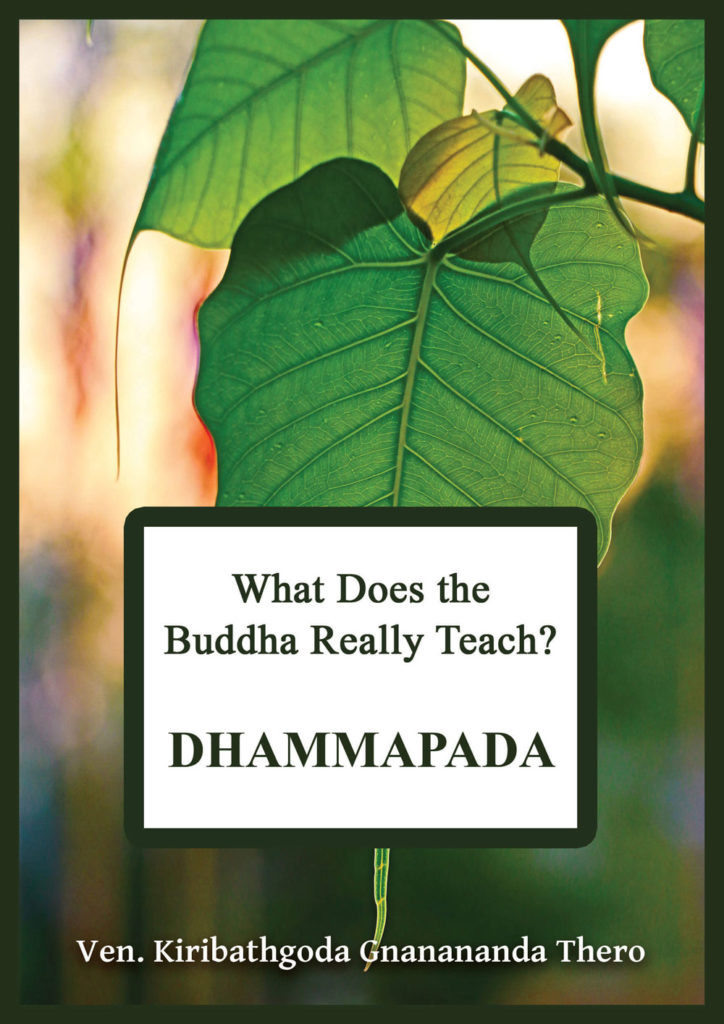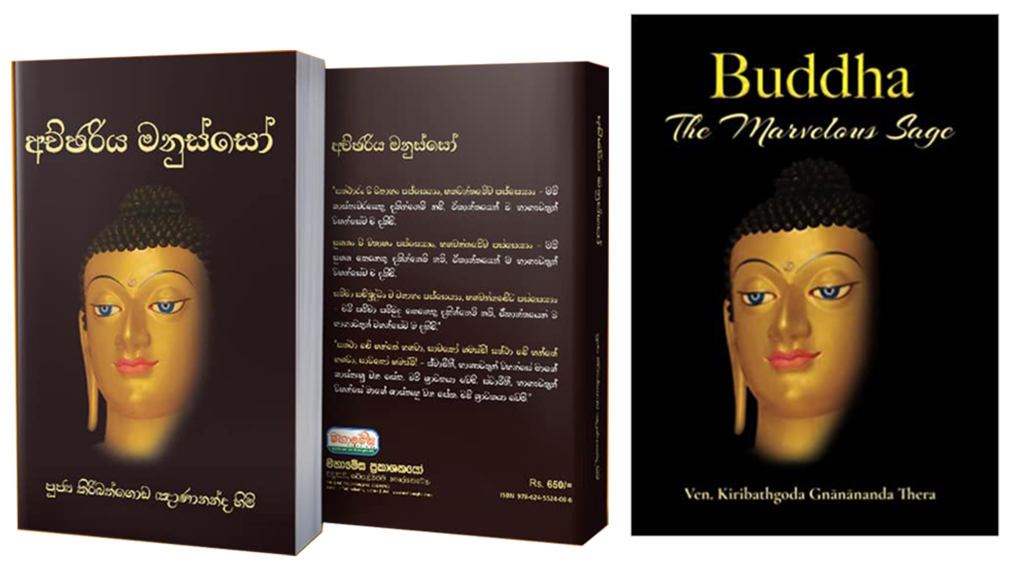
Buddha: The Marvellous Sage

When we study the teachings of the Buddha in the Sutta Piṭaka and the Vinaya Piṭaka, the Buddha’s majestic glory and life free of defilements dazzle before our eyes. It is impossible to think of anything or anyone more wonderful and marvelous than the Buddha.Many books have been written on the life of the Buddha. But this book is not a scholarly study, rather, this book was written in the way that a disciple who has gone for refuge to the Buddha would view his Teacher.The life of the Blessed One, the Dhamma he realized, and his disciples born of the Dhamma—the Saṅgha—cannot be separated. In this biography of the Buddha, the interconnection of the Triple Gem has been taken into consideration as much as possible. Also, other beings such as devas and Brahmās who live in far-away worlds are mentioned to show the Buddha in his capacity as the supreme spiritual teacher of the universe, the teacher of devas and humans.If by reading Buddha: the Marvelous Sage someone is inspired to happily go for refuge to the Buddha by saying buddhaṃ saraṇaṃ gacchāmi, then the purpose of this book will have been served. Why so? Because to go for refuge to a Buddha is the rarest blessing a being can receive in saṃsāra.By reading this book, may you too have the good fortune to receive this blessing!Ven. Kiribathgoda Gnānānanda Thera

